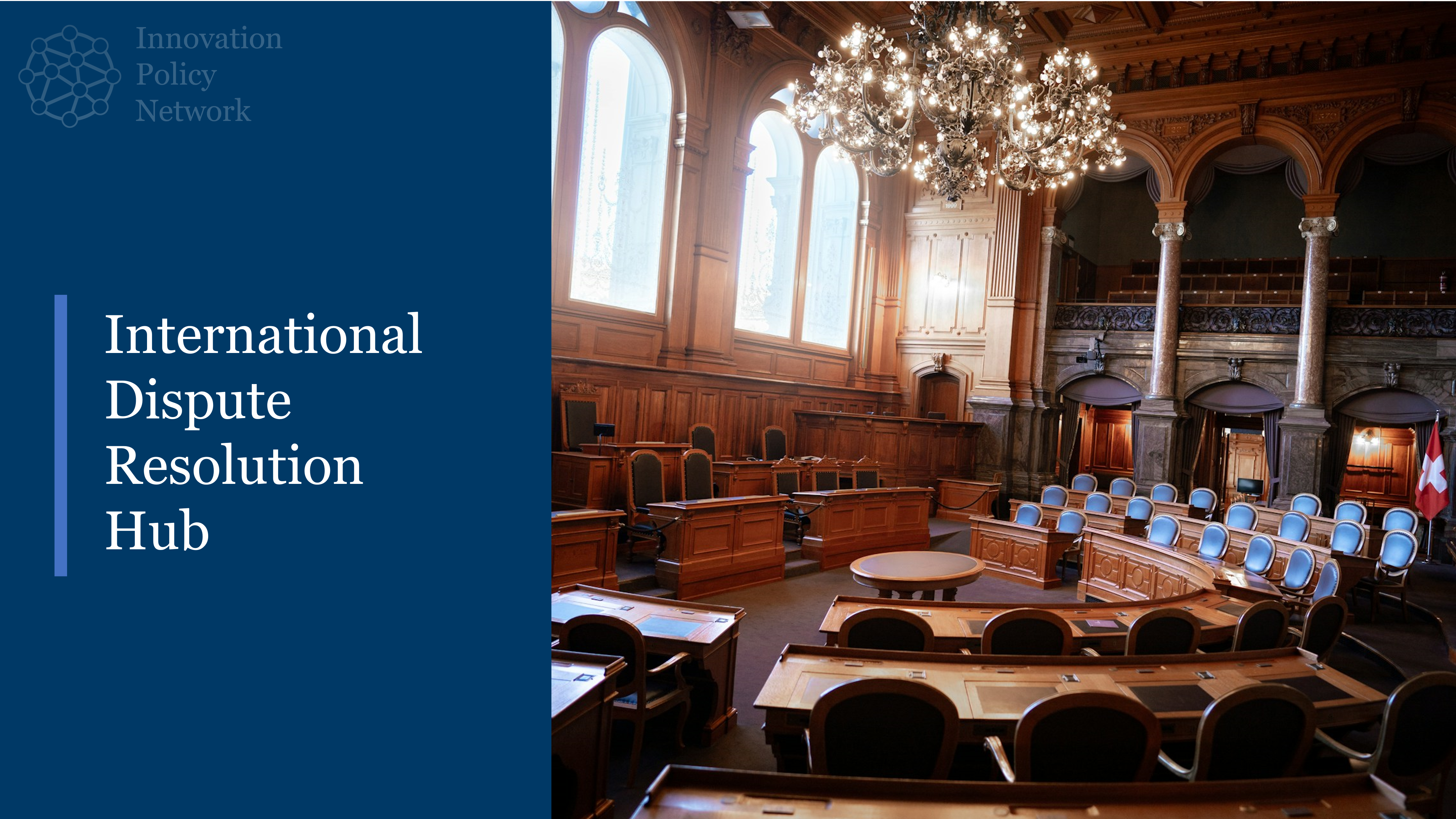Authors: Pitambar Das, Amedeo Rizzo
Journal: Bulletin for International Taxation, 2022
Abstract:
The authors, in this article, examine the implications of the global minimum tax as proposed by the OECD under Pillar Two regarding the taxation of corporations, and whether the proposal will realize its stated policy aims.
The objective of the GloBE proposal is that every business should pay a minimum level of tax irrespective of the place they are located. The primary aim is to address ongoing tax competition amongst the nations as businesses tend to locate in low-tax countries. However, it suffers from significant conceptual and practical issues. First, the actual effect of the global minimum tax would depend not only on tax systems but the rates, both CIT and withholding tax in addition to taxation of repatriated income. The idea to adopt accounting profit for computation of the ETR on the basis that it is closer to true profit and easier for harmonization of the tax base might be overstated.





Leave a Reply